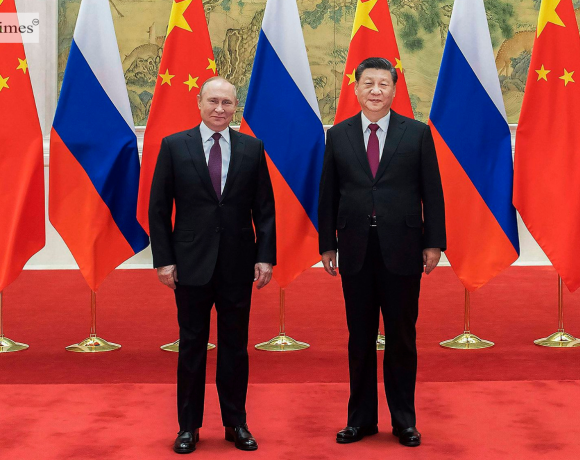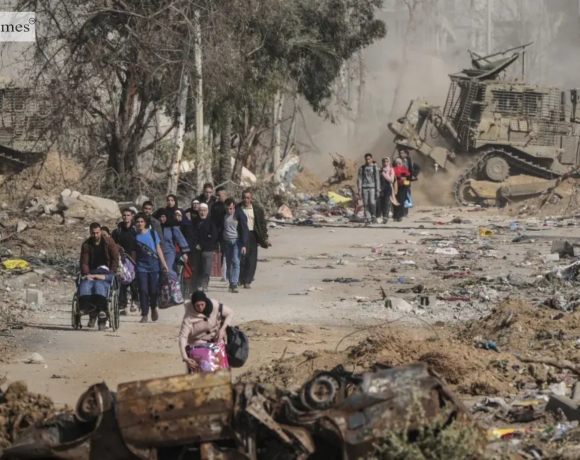
Kochi witnessed a spectacular celebration of beauty, elegance, and global unity as the grand finale of Miss Glam World 2025 unfolded on July 17th at the Gokulam Park Convention Centre. Among the dazzling finalists from across the globe, Kateryna Voitovych from Ukraine earned the prestigious title of Miss Glam World Europe 2025, shining with poise, intelligence, and cultural grace. The crowning moment was made extra special as Marcia Leonar Brito Machado Marques, internationally recognized model and mentor, personally crowned Kateryna on stage.

The event was flawlessly executed by Pegasus Global Pvt Ltd, the leading name in pageant production founded and conceptualized by Dr Ajit Ravi, who continues to redefine international beauty platforms with a commitment to empowerment and excellence. An esteemed panel of judges, including Dr G D Singh (Founder & Managing Director, Unified Brainz Group Holdings Inc.), Debasmita (Pageant Winner & Model), Marcia Leonar Brito Machado Marques (Model & Mentor), Dr Fong Toh Jeng (CEO & Founder, UR Klinik), and TangLe Hsu (Mrs Glam World Asia 2024), evaluated the contestants on multiple parameters.

Adding to the event’s prestige, Preethi Parakkat of Parakkat Jewels designed the exquisite gold crown bestowed upon the winners. Subtitles were conferred based on various categories, selected by a panel of eminent personalities. The evening stood as a true testament to global camaraderie, with Pegasus Global once again setting the standard in international pageantry.
Pic Courtesy: pegasus photography/ images are subject to copyright




















